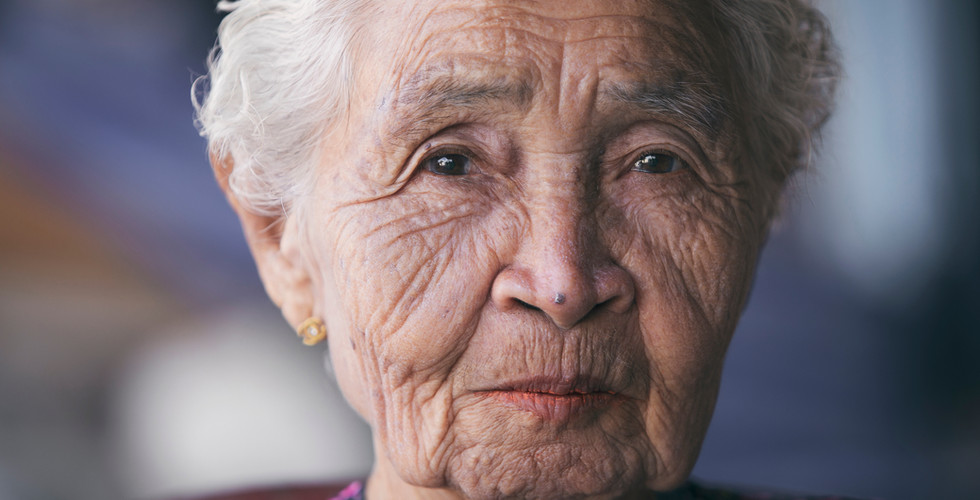Keep Your Body's Defense Strong After 65
- IMM Carehub

- May 22, 2022
- 3 min read
Updated: Dec 6, 2023
There’s an irony in living longer — we’re more likely to see our bodies decline. Your immune system itself is not immune. It’s known as immune senescence, which is a term to describe the tendency for an aging immune system to allow more infections, cancers and diseases to take hold.
Inflammation and infections play the biggest role in weakening your aging immune system. But, you can fight them.
Fortunately, we can protect and enhance our immune system, as with other bodily systems, through a careful application of training principles by the following five things that keep your aging immune system as strong as possible for as long as possible:
1. If you smoke, do everything to stop
If you smoke, quit now. It’s hard to do, but this is the single greatest, avoidable negative influence on your immune system.
Your immune system has its own internal clock which has to last us a lifetime. We measure this clock by the length of molecules on our DNA, called telomeres. Smoking and a number of other bad habits shorten our telomeres and run out our immunologic clock before our time.
If your immune system is your Superman that shields you from tiny invaders, smoking is its kryptonite. It destroys antioxidants in your blood, increases autoimmune responses and kills antibodies — your body’s fighter cells that stay on alert for infection.
Smoking also causes lung inflammation, using up antibodies that could fight infections elsewhere. This all puts you more at risk for other illnesses, such as pneumonia and flu.
2. Keep drinking under control
Avoid excessive alcohol consumption — that means five or more drinks on one occasion during five or more days in a 30-day period. Not only does drinking too much limit immunity-boosting nutrients in your body, but it also lowers your white blood cell’s ability to kill germs.
Drinking boosts your risk of infection. If you’re a heavy drinker, you’re twice as likely to die from pneumonia as those who don’t drink as much. Heavy drinkers also make up more than one-third of those with tuberculosis.
While excessive drinking is detrimental, occasional consumption of red wine, in small amounts, is compatible with the anti-inflammatory Mediterranean diet plan.
3. Don’t worship the sun
Avoid exposing your skin to too much sunlight. While vitamin D from sunlight does help support healthy immune function, too much UV radiation can alter your DNA, ultimately boosting your risk of cancer. You also may get more cold sores.
4. Limit your exposure to chemicals and carcinogens
It’s good to limit your exposure to other carcinogens as well. Avoid burning coal and or cooking too much with charcoal. Also avoid man-made chemicals, including hydrocarbons, as much as possible.
5. If you’re overweight, work to lose those extra pounds
It’s well known that carrying too much weight puts your body at greater risk in many ways. A weakened immune system is one result.
Abdominal fat triggers inflammation and boosts your risk of heart disease and diabetes. As you age, fat can build up in your bone marrow, muscle and liver — further boosting harmful inflammation. Even small amounts of weight loss can have an anti-inflammatory effect.
Eating more fresh fruits and vegetables can be major step in developing a healthy diet and can also help you lose weight and boost your body’s antioxidant levels.
Another helpful tip is to examine your diet: How often are you eating fried foods? How often are you eating processed foods? Take steps to gradually replace these foods with foods that are fresh and high in nutritional value.
If you take these five steps, you’ll go a long way toward keeping your immune system healthy and at the ready to fight outside invaders — even as you grow older.
This article is written by Cleveland Clinic, input from Clinical immunologist Leonard Calabrese, DO







Comments